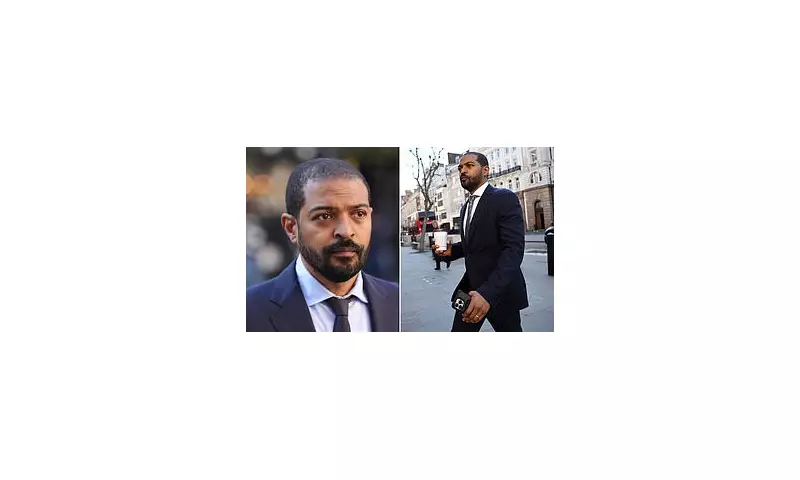
In a stunning legal defeat for the national broadcaster, the BBC has lost a High Court libel action against a medical professional who provided evidence in the sexual misconduct case against actor Noel Clarke.
The ruling, celebrated by free speech and whistleblower charities, marks a significant moment for individuals speaking out against alleged abuse. The case centred on the corporation's attempt to sue the doctor for defamation after they participated in the investigation into Clarke's conduct.
A Landmark Decision for Whistleblowers
Leading charities have heralded the judgment as a monumental victory. It establishes a stronger precedent for protecting those who come forward with evidence in sensitive cases, ensuring they are not silenced by costly legal threats from powerful institutions.
The court's decision to throw out the BBC's case sends a clear message that participating in good-faith investigations is a protected right. This is seen as a critical step in dismantling the culture of fear that often prevents victims and witnesses from reporting misconduct.
The Clarke Controversy and the BBC's Role
The scandal erupted when multiple allegations of sexual misconduct were made against Clarke, best known for his roles in 'Doctor Who' and 'Kidulthood'. The BBC, which had worked closely with the actor, subsequently launched an investigation.
The doctor at the centre of this libel case became involved by providing expert evidence to the media outlet investigating the claims. The BBC's subsequent legal action against the medical professional was widely criticised as an aggressive attempt to manage the fallout from the scandal.
Charities Applaud the Outcome
Advocacy groups have unanimously welcomed the court's decision. They argue that the case had a chilling effect on potential whistleblowers across all industries. This victory is perceived not just as a win for one individual, but for public interest journalism and accountability as a whole.
Experts suggest the ruling could make large organisations think twice before initiating similar lawsuits against individuals who assist in exposing wrongdoing, thereby strengthening ethical journalism and safeguarding free speech in the UK.





